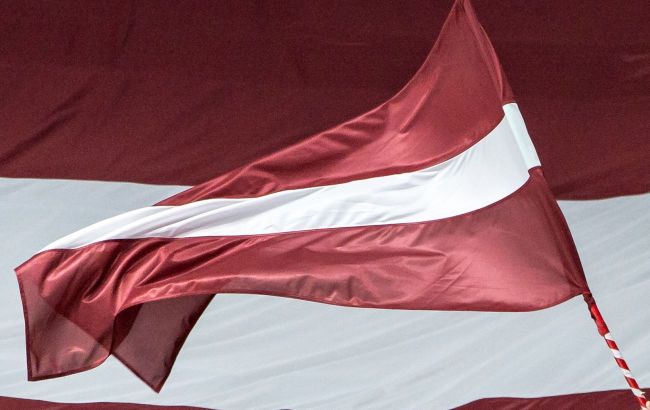Latvian Parliament supports ban on Russian-language media outlets activities from 2026
 Illustrative photo (Photo: Getty Images)
Illustrative photo (Photo: Getty Images)
Latvian deputies today, on September 28, approved a draft concept of national security, one of the points of which provides for the closure of Latvian public media outlets in the Russian language, according to Delfi.
Latvian deputies today, on September 28, approved a draft concept of national security, one of the points that provides for the closure of Latvian public media outlets in the Russian language.
This project was supported by 68 parliamentarians, while 10 deputies voted against it.
Background
Last week, the Cabinet of Ministers under Evika Silina, at its first full-fledged closed-door meeting, approved a draft concept of national security, which was later published. The seventh section of the concept includes a ban on the activities of Russian-language media outlets.
It is noted that by discontinuing the financing of Russian-language outlets, the state will complete the process of creating a single information space. Russian-language media outlets in commercial media funded privately will continue to operate.
Russian-language media outlets are expected to cease broadcasting in Russian from January 1, 2026.
What's known about a new concept
The concept is a policy planning document. The information about the content of public media outlets in Latvian was included in the concept at the proposal of the Ministry of Culture.
The previous concept was developed and approved by the Saeima in 2019. It is based on an analysis of the threats to the state conducted by the security authorities and the threats and risks to national security identified therein.
Within a year after the approval of the concept, a national security plan is to be developed, which will include specific measures to prevent and neutralize threats to the state.
Latvia-Russia relations
On September 13, Estonia, Lithuania, and Latvia announced that, after clarifications from the European Commission regarding sanctions, they would no longer allow vehicles with Russian license plates to enter their territory.
In the event of Russian-registered cars arriving at the border, the driver and passengers will be required to return to Russia, or they can cross the border without their vehicle, which may be confiscated.
Latvian police also threatened to fine drivers whose vehicles display "potentially provocative inscriptions in the Russian language."

